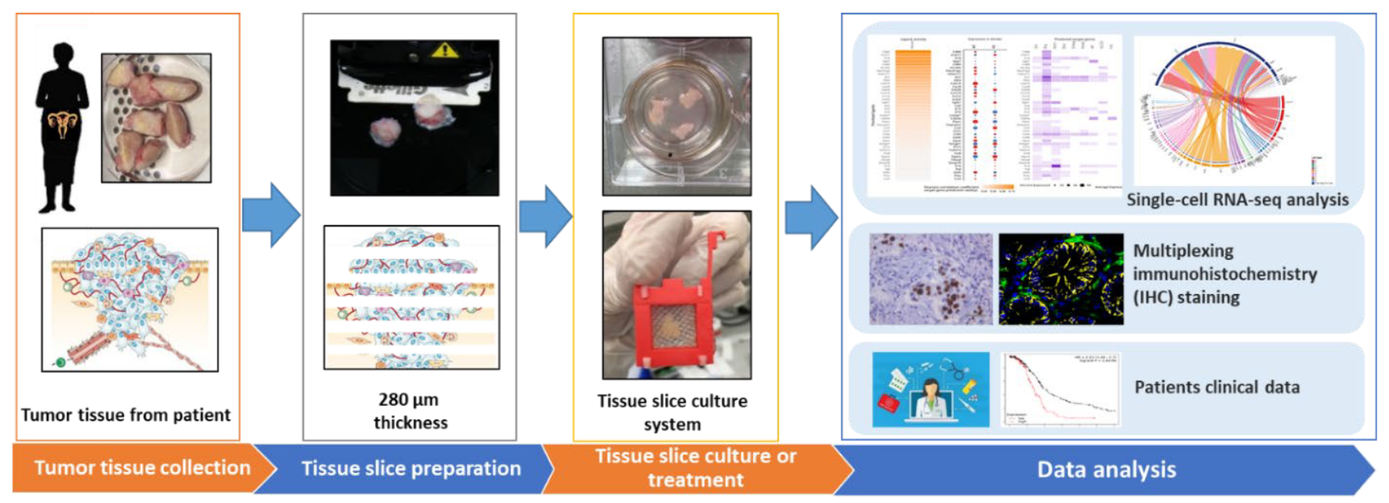Dendritic cells (DCs) are a specialized subset of antigen-presenting cells (APCs) that serve a pivotal role in the initiation and regulation of adaptive immune responses. As highly efficient APCs, DCs are often classified as "professional" APCs due to their superior capacity for antigen presentation. The nomenclature of DCs derives from their distinctive morphological features — branched cytoplasmic projections termed dendrites — which emerge during differentiation to maximize surface area and enhance antigen capture.
Despite their widespread distribution across different tissues, the comprehensive characterization of human DC biology remains challenging due to their low abundance in circulation and transient persistence in tissue microenvironments.
To understand the heterogenity of DCs and their multiple roles in different tissue, we aim to construct a high-resolution transcriptomic and proteomic atlas of human and murine DCs respecitively by integrating multi-omics datasets. This initiative will employ systems immunology and bioinformatic approaches to dissect DC heterogeneity across compartments and cell interactions in the microenviroment. Furthermore, we will develop an interactive, user-friendly platform to facilitate data visualization and exploration of molecular interactions within DC populations.
Methods
1. Analysing scRNAseq data and bulkRNAseq data
2. Analysising scATAC data
3. CyToF and FACS data analysis
4. R/Python programming, data warehousing and website construction.
5. Machine learning to identify novel marker and function modules.



